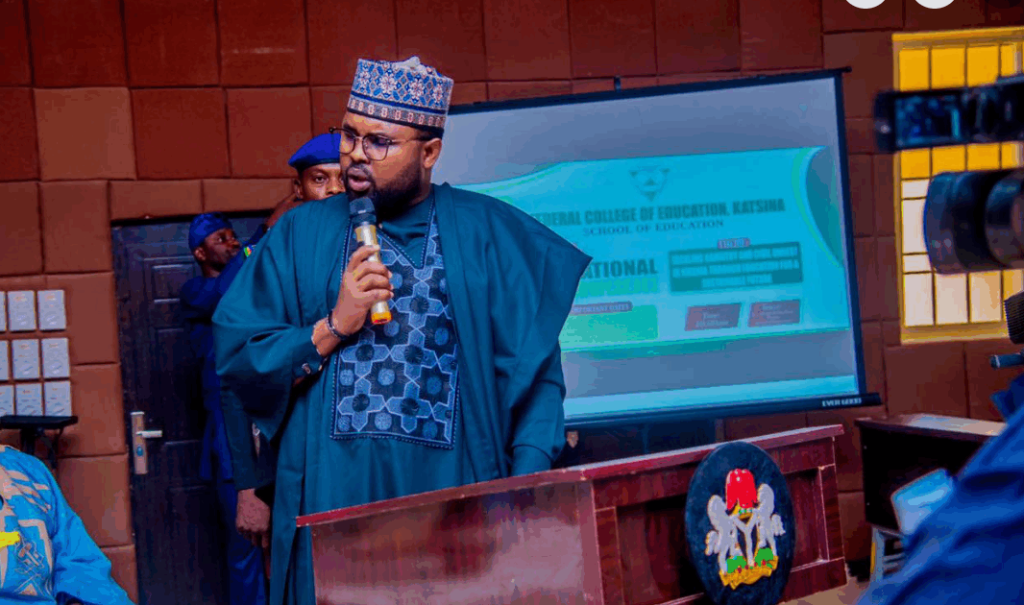Paragraph 1: Introducing the New NERC Leadership
President Bola Tinubu has initiated a significant reshuffle at the Nigerian Electricity Regulatory Commission (NERC), the body responsible for overseeing the nation’s power sector. He has nominated Abdullahi Ramat, a 39-year-old electrical engineer and administrator with a PhD in Strategic Management, as the new Chairman/Chief Executive Officer. Alongside Ramat, the President has also nominated Abubakar Yusuf as the Commissioner of Consumer Affairs and Dr. Fouad Animashun as Commissioner of Finance and Management Services. These nominations represent a pivotal moment for the Nigerian power sector, as the incoming leadership will be tasked with navigating the complex challenges and opportunities that lie ahead. The President’s choices signal a potential shift in the strategic direction of the NERC, with the emphasis likely placed on leveraging the expertise of the new appointees to drive reforms and improvements within the sector.
Paragraph 2: Bridging the Leadership Gap & Senate Confirmation
Recognizing the importance of maintaining continuous leadership within the NERC, President Tinubu has directed Ramat to assume office in an acting capacity pending Senate confirmation of all the nominations. This proactive measure aims to prevent any disruption in the Commission’s operations and ensures that the critical regulatory functions continue uninterrupted. The Senate confirmation process is a crucial constitutional safeguard, ensuring that the appointed individuals possess the necessary qualifications, experience, and ethical standards to effectively discharge their duties. While Ramat takes the helm in the interim, the Senate’s careful scrutiny of all nominees will play a crucial role in establishing public trust and confidence in the new NERC leadership.
Paragraph 3: The President’s Expectations and the Power Sector Vision
President Tinubu has conveyed his expectations to the newly appointed officials, urging them to leverage their knowledge and experience to fulfill their responsibilities diligently. He has emphasized the importance of aligning their efforts with the administration’s overarching vision for the power sector. This vision likely encompasses a multitude of objectives, including improving electricity generation and distribution, enhancing grid stability, attracting investments, promoting renewable energy integration, and ensuring cost-reflective tariffs. The President’s call to action underscores his commitment to revitalizing the power sector and using it as an engine for economic growth and development.
Paragraph 4: Abdullahi Ramat – A Closer Look at the New Chairman
Abdullahi Ramat’s appointment as the Chairman/CEO of NERC represents a significant milestone in his career and reflects the President’s confidence in his abilities. At 39, he brings a blend of youth and experience to the role, potentially signaling a move towards a more dynamic and innovative approach to regulation. His background as an electrical engineer provides him with a deep understanding of the technical complexities within the power sector, while his PhD in Strategic Management equips him with the strategic thinking skills needed to navigate the policy and regulatory landscape effectively. Ramat’s leadership will be instrumental in shaping the future trajectory of the Nigerian power sector.
Paragraph 5: The Importance of Consumer Affairs and Financial Management within NERC
The appointments of Abubakar Yusuf as Commissioner of Consumer Affairs and Dr. Fouad Animashun as Commissioner of Finance and Management Services highlight the significance of these two critical areas within the NERC. Yusuf’s role will be crucial in ensuring consumer protection, promoting transparency, and addressing consumer complaints. He’ll play a key role in building trust and ensuring that the interests of electricity consumers are adequately represented within the regulatory framework. Dr. Animashun’s expertise in finance and management will be essential for ensuring the financial stability and operational efficiency of the NERC. His responsibilities will likely include overseeing budgeting, financial reporting, and resource allocation within the Commission, contributing to its effectiveness as a regulator.
Paragraph 6: The Path Ahead for the Nigerian Power Sector
The new leadership at NERC assumes responsibility at a critical juncture for the Nigerian power sector. The sector faces numerous challenges, including inadequate generation capacity, aging infrastructure, high transmission and distribution losses, and cost-reflective tariff concerns. The incoming team will be tasked with tackling these issues head-on and implementing effective regulatory measures to promote sector growth and stability. Their success will depend on their ability to foster collaboration among stakeholders, attract investment, and create a regulatory environment that encourages innovation and efficiency. The task ahead is substantial, but with the right combination of expertise, vision, and political will, the Nigerian power sector can be transformed into a driver of economic prosperity.


